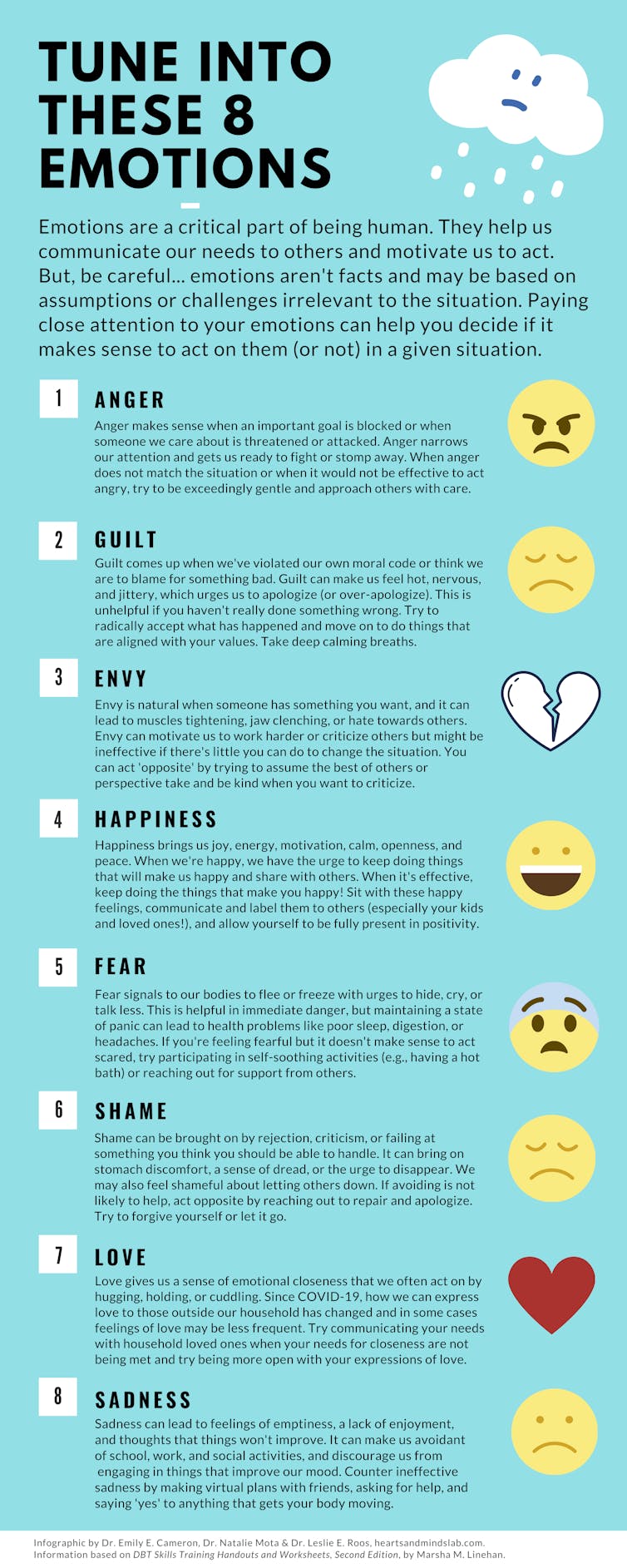
Tools from Dialectical Behaviour Therapy (DBT) may help manage unpleasant emotions during lockdown stress. (Pexels/Ketut Subiyanto)
The Conversation: Beyond self-care –Try these 5 therapeutic tools to manage stress better during COVID-19 restrictions
Declining mental health is a serious public health concern during the pandemic, with three- to five-fold increases in psychological distress across Canada, the United Kingdom, Italy and around the world.
In Canada, adverse mental health effects are even more elevated for parents. Our research shows how mothers’ mental health has been affected, and a preprint manuscript reveals the possible impact on fathers. Clinical teams are dramatically understaffed to meet population-level needs, and the most common therapeutic ‘self-help’ strategies are inadequate given the challenges of social isolation.
As clinicians who research how to handle tough emotions, we have found that skills from Dialectical Behaviour Therapy (DBT) are uniquely positioned to manage unpleasant emotions during lockdown stress. It is vital to consider new strategies to work through inevitable pandemic challenges and build mental health resilience.
DBT is an evidence-based therapy across depression, anxiety, substance use, eating disorder and anger-management symptoms. A “dialectical mindset” encourages people to validate the difficult circumstances that they find themselves in (acceptance), while also trying new skills if they want a different outcome (change).
At its core, DBT helps individuals learn about intense emotions and choose how to act in effective ways consistent with their long-term values. Different types of DBT skills can be used in different situations. Some skills are aimed at preventing difficult emotions from becoming overwhelming or at changing emotions in the moment, while others can be used when experiencing an intense emotion, to get through the moment without making the situation worse.

Paying attention on purpose (mindfulness) is key to descriptively identifying your thoughts, emotions, behavioural urges and the environment around you in non-judgmental ways, so that you can choose what to do next. For example, it would be helpful to notice rising feelings of frustration when you realize that your partner did not do their dishes, instead of elevating to angry outrage because your pain-in-the-ass partner never cleans up after themselves.
Next, consider your interpersonal values to decide the relative importance of getting an objective met (such as getting your partner to do the dirty dishes), maintaining your relationship (for example, delivering a request in a gentle non-attacking manner) or emphasizing self-respect (such as assertively communicating that they need follow-through on agreements for mutual respect).
Once you have mindfully defined the issue at hand, DBT posits that there are four options to dealing with any problem:
- Solve the problem — Get your partner to do the dishes.
- Feel better about the problem — Don’t stress, because they’ll probably get done eventually.
- Tolerate the problem — Accept that you feel frustrated, but say nothing and move on.
- Stay miserable (or make it worse!) — Don’t change anything, yell at your partner for never cleaning up and continue feeling very grumpy.
5 DBT strategies
Here are five key DBT strategies that validate difficult emotions invoked by the pandemic and make the case for changing automatic reactions that may be driven by strong emotions, such as self-medicating with substances, starting an argument or eating a pint of ice cream to feel better. These include:
- Catch your mind when it is stuck in negative loops, so that you can come back to the present moment with grounding techniques. For example, identifying five objects you can see, or squeezing an ice cube and paying attention to the sensations it elicits, can redirect attention to the present moment and reduce focus on negative thoughts or intense emotions that you may be experiencing.
- Plan ahead for positive activities that you can fully participate in during COVID-19 restrictions. By scheduling pleasant events that demand your full attention and that are important to you (such playing with your children or having a virtual dance party with friends), you can build up positive emotions that soften the blow of more difficult feelings when they happen.
- When your emotion does not match the problem, counter ineffective emotion-driven urges (that is, when the emotion is too intense, not appropriate for the situation or may be harmful) through opposite actions. Try engaging in an activity that elicits an emotion that is opposite to the one you are feeling. For example, if you are really sad and want to hide under the covers instead of getting up to walk your dog or bake cookies for an friend, you could start by blasting Pharrell Williams’ Happy, or watching a favourite comedy show. Although these activities probably won’t make the problem go away, they can help turn down the volume of unpleasant emotions so that you are in a position to problem solve and move on with your day.
- Communicate your needs for space, time and support effectively while keeping important friend and family relationships intact. Try using the WIN strategy, which stands for “When,” “I feel” and “I Need.” In other words, describe the situation factually, express your feelings and opinions (avoid should-ing, and remember people can’t read your mind), and assert by asking for what you need and saying “no” clearly. For example: “When I take the lion’s share of child care during the work week while also trying to work from home / I feel burnt out, tired and irritable / I need you to help with bedtimes during the work week so that I can have a bit of a break and be less irritable during our time together.” And be willing to negotiate for common ground!
- Practise radical acceptance of the current circumstances to choose a path forward with less suffering and more joy. Acceptance does not mean you approve or agree, but instead it allows you to acknowledge your pain and decide to move on, instead of suffering more. Start by noticing when you are fighting reality and figure out exactly what needs to be accepted (without judgemental language). Practise radical acceptance by reminding yourself that reality cannot be changed and allow yourself to experience difficult emotions that arise. Only by accepting current challenges (such as sadness that we can’t give our loved ones tight hugs), can we truly move onto problem solving (such as dropping off a favourite dessert and enjoying it together over a FaceTime catch-up). Be sure to practice acceptance radically, meaning all the way!
Distress and challenging interpersonal situations are almost inevitable this holiday season. DBT-based strategies can help manage difficult emotions and remain resilient in these particularly challenging times.![]()
Leslie E. Roos, Assistant Professor, Department of Psychology, University of Manitoba; Emily E. Cameron, Associate Postdoctoral Fellow, Department of Psychology, University of Manitoba, and Natalie Mota, Assistant Professor, Department of Clinical Health Psychology, University of Manitoba
This article is republished from The Conversation under a Creative Commons license. Read the original article.






